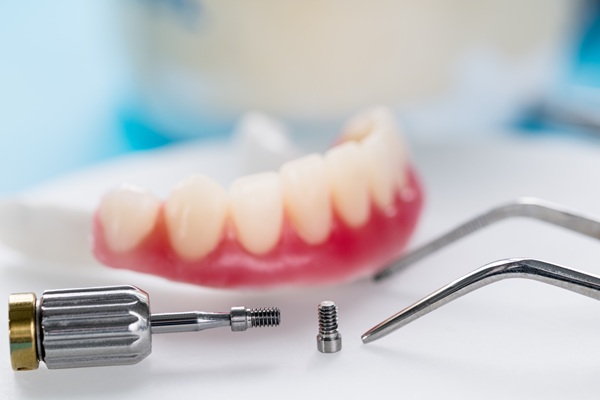A General Dentist Answers TMJ FAQs

General dentists are here to answer any questions one might have about temporomandibular joint disorders (TMJ). These are problems that affect the sliding hinge-like joints that connect the lower jaw and the rest of the skull.
Frequently asked questions (FAQs) about TMJ disorders
Here are the answers to some of the questions individuals might have about the temporomandibular joints and issues that can affect them:
1. What are TMJ disorders?
Temporomandibular joint disorders affect the joints that connect the skull to the lower jaw. Problems that arise there can lead to symptoms like pain and discomfort coming from the jaw and the muscles around them. TMJ problems can also lead to migraines and headaches.
2. What are the most common symptoms of temporomandibular joint disorders?
TMJ disorders often come with symptoms like clicking or popping sounds coming from the jaw, pain coming from the temporomandibular joints, jaw pain, a tender jaw, headaches, ear pain, popping sounds in the ear, difficulty chewing, a stiff neck, neck aches, difficulty opening and closing the mouth and a locked jaw.
3. Do TMJ disorders lead to headaches and migraines?
Yes. These are some of the symptoms associated with the condition. TMJ can also lead to pain coming from the neck, jaw, or ears. The headaches caused by TMJ disorders are often confused with tension headaches due to their similarities.
4. Can temporomandibular joint issues lead to back pain?
Yes. TMJ problems often lead to back, neck, or shoulder pain. Anyone who is unsure about why they get reoccurring back pain should get their temporomandibular joints checked out.
5. Who can diagnose and treat TMJ disorders?
TMJ issues can be diagnosed by a doctor, dentist, otolaryngologistor an oral surgeon. There is currently no health field that is dedicated to treating TMJ disorders specifically. There are also no specific tests for diagnosing TMJ problems and that makes it tricky to diagnose.
6. What causes TMJ disorders?
The causes of TMJ disorders remain unclear. Studies currently show they are multiple factors that can lead to it. For example, an injury to the face or jaw can lead to problems with the temporomandibular joints. Habits like teeth grinding, excessive gum chewing or arthritis can do the same.
7. Can anxiety and stress lead to TMJ disorders?
Anxiety and stress can lead to physical symptoms and TMJ disorders are one of them. Stress also leads to habits like teeth grinding or obsessively chewing on hard things. Such habits can damage teeth and cause issues with the TMJ over time.
8. How are TMJ issues treated?
There are various ways to go about treating TMJ issues. Mouth exercises can help with less severe cases, while the worst cases might require a surgical approach. Treatment for TMJ problems typically starts with a less invasive approach, such as muscle relaxers and oral exercises.
Get treatment for TMJ issues
Give us a call or visit our Emerson clinic to set up an appointment with our dentist.
Request an appointment here: https://www.emersondental.com or call Emerson Dental Associates at (201) 620-9998 for an appointment in our Emerson office.
Check out what others are saying about our services on Yelp: Read our Yelp reviews.
Recent Posts
There are benefits to choosing an experienced implant dentist over one who is relatively new in the profession. Dental implants require a more complex process that involves several steps, and choosing the right implant dentist may help make the process more convenient, less invasive, and safer.It is helpful to learn more about dental implants, how…
Are you considering implant supported dentures? This hybrid tooth replacement option is one that provides patients with stability and a natural-looking smile. Implant supported dentures can be used to replace teeth on the upper or lower arch. In the event that the lower arch of teeth needs to be replaced, patients are often curious about…
All-on-6® dental implants are an efficient, effective way to replace every tooth in a dental arch. They are popular with dentists and patients alike, making them the go-to solution for full-arch dental restoration. If you are wondering what All-on-6 full-arch restoration is, keep going. What comes next is a description of this treatment option, along…
Dental anxiety often arises when patients feel afraid or worried about visiting their dentist's office, whether it be for a routine appointment or necessary procedure. However, even outside of organic feelings, there are a lot of myths that enhance dental anxiety. With the help of a dentist, myths can be set straight. Ready to learn…


